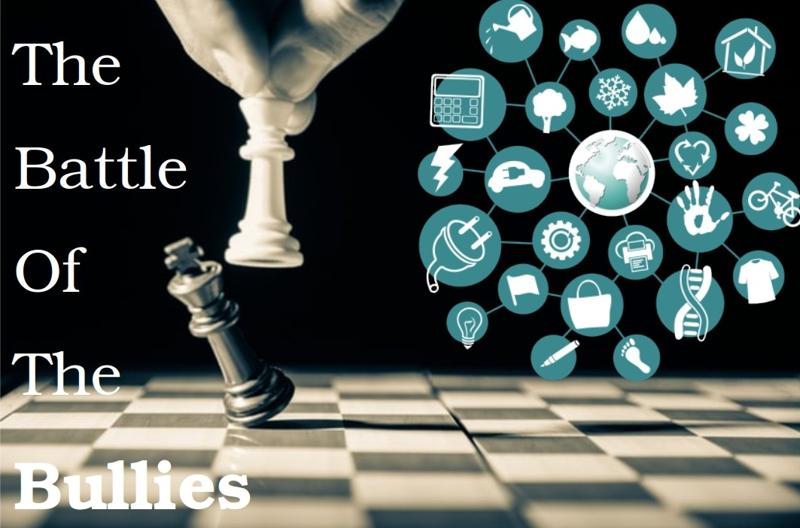
Photo by Rostyslav GR Stocks on Unsplash and this image from OpenClipart.
Private data is the treasure of the information age. Access to information about what you read, what you buy, where you go, how you travel, where you live, what you eat, is invaluable for targeted advertising. Additionally, what illnesses you read up about, what medicines you need, what ideas and philosophies interest you, what news websites you frequent, what you debate and discuss with your friends and family, is data you might want to keep private. All such information is aggressively collected through cookies and like buttons by many websites. Apps and services are happy to remain free, as long as they can mine such information out of you.
Facebook even tried to launch Free Basics in violation of net neutrality. Thankfully, informative campaigns launched by various organizations educating the public as to the dangers of permitting such programs led to a public outcry and protests, that steered the government to ban Free Basics.
Recently, the Indian government and various social media platforms have once again been at logger heads.
The Indian government has criticicized WhatsApp for its updated to a more invasive privacy policy in India, something it could not implement in Europe, where it would violate existing laws.
On the other hand, the Indian government has implemented new IT regulations, that has in turn caused WhatsApp to sue the government for trying to curtail free speech. The government was also in battle with twitter over IT laws which twitter believed to be detrimental to free speech.
All this would be very amusing, if it wasn’t for the fact that it’s the Indian people who are being exploited by both entities, neither of who care about the people, but shout out principles they hardly believe in, to gain the upper hand. It’s a battle of money v/s power, in which the internet, supposed to be the great equalizer, facilitating communication, paving the road to equality, smoothing the path to opportunity, is being crippled.
No, worse! It is being turned against the very people it was supposed to empower, used as a tool of surveillance, for profit or power. The concerns involving rules imposed on digital media makes one dizzy trying to figure out how the internet took a U-turn from being the great liberator to the great muzzler.
Although the particular cases mentioned here pertain to India, this is a global conundrum. When it comes to internet usage, we stand at crossroads. The decisions we make now, will set the course for the future. Law makers, NGOs, technological experts, internet freedom activists, and international organisations must come together to figure out how we can all make the most of this valuable resource.
The following is a poem inspired by these thoughts.
The Battle of the Bullies
Private data traveling through cyberspace
the treasures of the information age
Controlling it is all the rage,
but who’s to have the key to the cage?
Silicon valley has no soul.
Growing is it’s only goal.
Like the cancerous colonizers
from Europe’s 19th century,
they destroy that which
raised them to prosperity.
The internet was to be
the messenger of liberty,
realizing the utopic dream of
equal opportunity
But too good to be true,
before anyone knew,
shamelessly profiting of private data,
it was monopolized by a select few
Governments though a little slow,
soon realized what a blow
the power of the internet,
if properly harnessed,
could be to their flimsy show.
But not if they took control,
and manned the booths of toll
to the information superhighway,
enslaving it to amplify their say.
Money wants to exploit.
Power wants to bully.
Both are parasites,
leeching of the foundation
of idealism and innovation.
No one recognizes better
the value of innovation,
than money and power.
They who feed on
the labors of the idealist and
the ingenuity of the innovator.
In spite of these
adverse factors,
idealists and innovators
remain our benefactors.